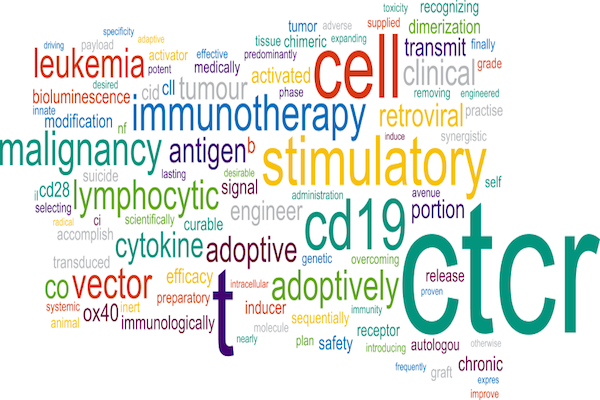Adoptive immunotherapy via CD4+ versus CD8+ T cells
Abstract
The goal of cancer immunotherapy is to induce specific and durable antitumor immunity. Adoptive T cell therapy (ACT) has garnered wide interest, particularly in regard to strategies to improve T cell efficacy in trials. There are many types of T cells (and subsets) which can be selected for use in ACT. CD4+ T cells are critical for the regulation, activation and aid of host defense mechanisms and, importantly, for enhancing the function of tumor-specific CD8+ T cells. To date, much research in cancer immunotherapy has focused on CD8+ T cells, in melanoma and other cancers. Both CD4+ T cells and CD8+ T cells have been evaluated as ACT in mice and humans, and both are effective at eliciting antitumor responses. IL-17 producing CD4+ T cells are a new subset of CD4+ T cells to be evaluated in ACT models. This review discusses the benefits of adoptive immunotherapy mediated by CD8+ and CD4+ cells. It also discusses the various type of T cells, source of T cells, and ex vivo cytokine growth factors for augmenting clinical efficacy of ACT.

Downloads
Published
Issue
Section
License
Copyright The Author(s) 2017. This article is published with open access by BioMedPress. This article is distributed under the terms of the Creative Commons Attribution License (CC-BY 4.0) which permits any use, distribution, and reproduction in any medium, provided the original author(s) and the source are credited.
